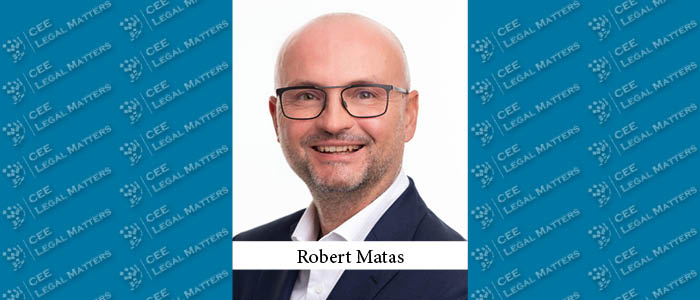In 2016 the Polish capital markets have been influenced by two major factors: last year’s parliamentary elections, which brought the Law and Justice Party to power, and the effects of the reform of open-end pension funds (OFEs), which resulted in a reduction of the capital that OFEs could allocate to investments in shares listed on the Warsaw Stock Exchange (WSE).
These factors have raised serious doubts about the future of the stock market and the institutional framework for trading in financial instruments. As a result, 2016 may be regarded as a year of reduced interest from investors and a decrease in the amount of transactions concluded on the Polish capital markets. Despite this, a few successful IPOs represent an upward trend in the last quarter of 2016, and the WSE remains at the forefront of CEE bourses in terms of the number of listed companies, capitalization, and value of trading.
The year has also seen significant changes to the regulations on public disclosure of inside information. These changes resulted from the July 3 entry into force of Regulation (EU) no. 596/2014 on market abuse (MAR). One of the most important changes brought by the MAR is the end of the dualism in Polish law concerning public companies’ disclosure of inside information. Before the MAR, companies were required by the Act on Trading in Financial Instruments to disclose inside information and report current information by a Decree of the Minister of Finance. The MAR also extended the scope of entities which fall under the disclosure regime. As of July 3, companies listed on alternative trading platforms and issuers of bonds are also obliged to disclose inside information in accordance with the MAR and are subject to the penalties provided by the regulation.
Most market activity in 2016 revolved around companies’ transfers from NewConnect – an alternative trading system – to the WSE’s main market (these included the transfer of PGS Software S.A., a Polish game developer, and Gekoplast S.A., a producer of polypropylene cellular boards). Nonetheless, a few notable transactions, of both mid and high value, have been conducted during the last couple of months. One of the biggest transactions conducted recently (with a value of approximately PLN 200 million), and one which turned out to be a great success, was the IPO of Polish online trading broker X-Trade Brokers DM S.A. Other successful debuts on the WSE included Polish housing developer i2 Development S.A. (with a value of approximately PLN 34 million). Transactions such as these indicate that there is still a place on the stock exchange for financially stable companies.
Although 2016 has not been the best year for the capital markets in the classic sense, there has been a noticeable rise of interest in debt securities. A good example is the public issuance of bonds by Alior Bank– one of the biggest banks in Poland – with a value of approximately PLN 200 million. Only the issuance of bonds by Warsaw Stock Exchange S.A. was of a similar scale on the Polish market (with a value of approximately PLN 120 million). CMS advised on this issue.
Another notable factor was rise of M&A transactions. One significant transaction was the sale of Novago (a leader in waste processing and the largest producer of alternative fuel in Poland) by private equity fund Abris Capital Partners to China Everbright International, which represents the largest single Chinese investment made in Poland so far and was the largest acquisition ever in the environmental treatment industry in Central & Eastern Europe.
In conclusion, 2016 was characterized by fewer major transactions on the WSE. However, we can see an upward trend in the debt securities area, especially in bond issuance, which seems to have become an alternative to IPO, even in the light of the changes brought by the MAR and the extension of information obligations to bond issuers listed on alternative trading platforms.





























